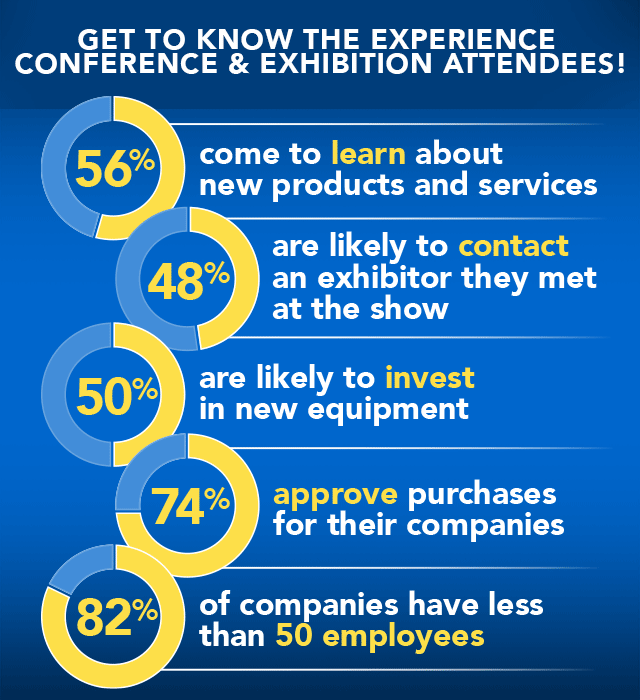Discover the insider secrets to purchasing a sponsor unit in NYC and avoid common pitfalls with this comprehensive guide.
Table of Contents
Introduction to Buying a Sponsor Unit in NYC
This section will introduce the concept of sponsor units and how they differ from other types of apartments you can buy in New York City.
What Is a Sponsor Unit?
Let’s start by understanding what a sponsor unit is. A sponsor unit is an apartment in a residential building that is owned by the developer or sponsor of the building. Unlike regular apartments that are owned by individual residents, sponsor units are typically sold directly by the sponsor. This means you might be buying a brand-new apartment directly from the person or company who built the building.
Why Buy a Sponsor Unit?
Now, why would someone want to buy a sponsor unit? One big advantage is that sponsor units often do not require board approval. In typical co-op buildings, the board of directors has to approve all apartment purchases, which can sometimes lead to a lengthy and uncertain process. With a sponsor unit, you can skip this step and move forward with your purchase more quickly. Additionally, sponsor units may also offer the potential for renovations or customizations, allowing you to personalize your new home.
Overview of the Purchasing Process
When it comes to buying a sponsor unit in NYC, the process can be a bit different from buying a traditional apartment. You’ll still need to find a unit you like, make an offer, secure financing, and close the deal, but some of the steps may vary. In the following sections, we’ll walk you through each step of the process to help you understand what to expect when buying a sponsor unit in the Big Apple.
Finding a Sponsor Unit for Sale
When searching for a sponsor unit for sale in NYC, it’s essential to know where to look. One of the most popular places to find these units is on real estate websites. Websites like StreetEasy and Zillow often list sponsor units available for purchase. Additionally, you can reach out to local brokerage firms that specialize in sponsor units. They have insider knowledge and can help you find the perfect unit that fits your needs and budget.
Working with a Real Estate Agent
Working with a real estate agent can make the process of finding a sponsor unit much smoother. A real estate agent who is familiar with sponsor units in NYC can help you navigate the market, identify suitable units, and guide you through the purchasing process. They can also provide valuable insights into the local real estate market and negotiate on your behalf to ensure you get the best deal possible. With their expertise and support, you can find your dream sponsor unit without the stress and confusion of doing it on your own.
Working with the Real Estate Rebate Team
We’re the Real Estate Rebate Team, a brokerage firm serving NYC and NJ. We offer top-notch services and negotiate the best deals. Additionally, we can help secure extra incentives with new developments, such as sponsor-paid closing costs and more. Plus, we give back a portion of the broker fee at closing. It’s straightforward and simple. Learn more at www.realestaterebatesnewyork.com/home or contact us at 315-514-0165.
Understanding No Board Approval
Board approval is a process commonly required when buying an apartment in a co-op building in NYC. The building’s board, made up of current residents, has the authority to review and approve potential buyers. This process can involve a thorough background check, financial scrutiny, and even in-person interviews.

Image courtesy of blog.realestaterebatesnewyork.com via Google Images
Benefits of No Board Approval
When you buy a sponsor unit in NYC that does not require board approval, it means you can bypass this often lengthy and invasive process. This can be a significant advantage for buyers who value a quicker and less restrictive purchasing experience.
Steps to Buy a Sponsor Unit in NYC
In order to purchase a sponsor unit in New York City, there are several key steps you need to follow. From searching for the right unit to closing the deal, here is a comprehensive guide to help you navigate the process seamlessly.
Step 1: Search and Offer
The first step in buying a sponsor unit is to search for available units that meet your criteria. You can look for sponsor units on real estate websites, through brokerage firms, or by working with a real estate agent. Once you find a unit you are interested in, you will need to make an offer to buy it. This offer will typically include the purchase price you are willing to pay and any other conditions you want to negotiate.
Step 2: Sign the Contract
After your offer is accepted, you will need to sign a purchase contract. This contract outlines the terms of the sale, including the purchase price, any contingencies, and the timeline for the transaction. It is important to review this contract carefully and seek advice from a real estate attorney if needed.
Step 3: Mortgage and Financing
Once the contract is signed, you will need to secure a mortgage or other financing for the purchase. You will need to provide financial documentation to your lender, such as proof of income and assets, to demonstrate your ability to repay the loan. Your lender will also require an appraisal of the property to determine its value.
| Step | Description |
|---|---|
| 1 | Research available sponsor units in NYC and determine your budget. |
| 2 | Contact the sponsor or developer directly to express your interest in purchasing a unit. |
| 3 | Get pre-approved for a mortgage to determine your buying power. |
| 4 | Review the offering plan for the sponsor unit to understand the terms and conditions. |
| 5 | Make an offer on the sponsor unit and negotiate the price with the sponsor or developer. |
| 6 | Sign a purchase agreement and pay the required deposit to secure the unit. |
| 7 | Work with a real estate attorney to review the contract and ensure all legal requirements are met. |
| 8 | Close on the sponsor unit by signing the final paperwork and paying the remaining balance. |
Step 4: Closing the Deal
The final step in buying a sponsor unit is closing the deal. At the closing, you will sign all the necessary paperwork, pay any closing costs and fees, and take possession of the property. The closing process typically takes a few hours, during which time the ownership of the unit is officially transferred to you.
Potential Challenges and Tips
When buying a sponsor unit in NYC, there are a few challenges you might encounter. One common issue is the presence of hidden costs. Make sure to thoroughly review the financial details and ask your real estate agent about any potential hidden fees that could surprise you later on. Another challenge could be the need for renovations. While sponsor units often offer the flexibility to renovate, be prepared for the additional time and costs that may come with it. It’s essential to factor in these potential challenges when making your decision.
 Image courtesy of www.linkedin.com via Google Images
Image courtesy of www.linkedin.com via Google Images
Tips for Smooth Purchase
To ensure a smooth buying experience, here are some tips to keep in mind. First, maintain clear and open communication with your real estate agent. They can provide valuable guidance and support throughout the process. Additionally, it’s crucial to do thorough research on the property and its history. Understanding all the details can help you make a well-informed decision and avoid any surprises down the line. Lastly, be prepared to act quickly when you find a sponsor unit you’re interested in. In a competitive market like NYC, being decisive can make all the difference in securing your dream home.
Conclusion
In conclusion, buying a sponsor unit in NYC can offer many advantages for prospective homeowners. With no board approval required, potential for renovations, and a streamlined purchasing process, sponsor units can be an appealing option for those looking to own a piece of the Big Apple.
Recap of Key Points
Throughout this article, we have discussed what sponsor units are, why they are beneficial, and the steps involved in purchasing one. From searching for available units to closing the deal, we have covered the essential aspects of buying a sponsor unit in NYC.
Final Thoughts
As you explore the real estate market in New York City, we encourage you to keep sponsor units in mind. Consider the advantages they offer, such as no board approval and potential for customization, and reach out to a real estate agent for more information. Purchasing a sponsor unit could be the perfect opportunity to make the city that never sleeps your home.
Frequently Asked Questions (FAQs)
What are the main differences between a sponsor unit and a co-op?
A sponsor unit is typically owned by a developer or original owner and is sold directly to a buyer without requiring approval from the co-op board. This means a sponsor unit purchase usually bypasses the strict board approval process that co-ops often have. On the other hand, co-ops are owned collectively by all residents, and buying a co-op unit usually involves approval from the co-op board. Additionally, sponsor units may offer more flexibility for renovations and have fewer restrictions compared to co-op units.
How long does it typically take to buy a sponsor unit?
The timeline for buying a sponsor unit can vary depending on various factors such as the negotiation process, obtaining financing, and scheduling the closing. In general, the process of buying a sponsor unit can take anywhere from a few weeks to a few months. Working efficiently with your real estate agent, mortgage broker, and other professionals involved can help expedite the process.
Are there financing options specifically for sponsor units?
Begin your search and start earning cash back!
While sponsor units may offer unique advantages like no board approval requirements, financing options for these units are generally similar to those for other types of real estate purchases. Buyers can explore traditional mortgage options from banks, credit unions, or other lenders to finance the purchase of a sponsor unit. It’s recommended to consult with a mortgage broker or financial advisor to explore the best financing options that suit your specific needs when buying a sponsor unit.



 Image courtesy of via
Image courtesy of via 


